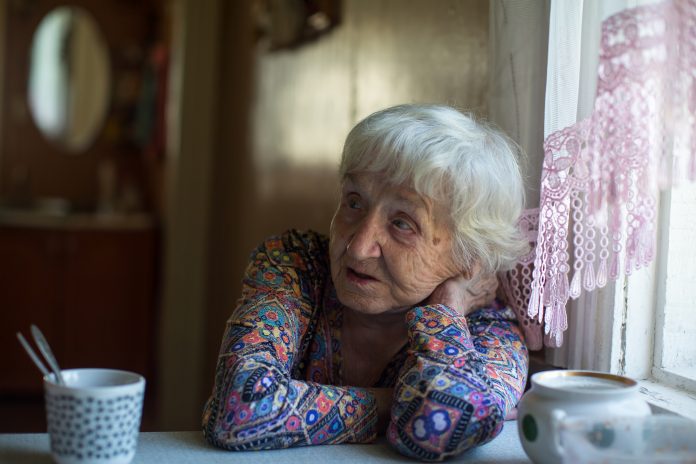A study by Swansea University, Cardiff University, and the NHS in Wales found COVID lockdown stresses like social isolation and domestic abuse were clearly linked to suicidal feelings and actions
According to ONS data, in early May, one in five adults in the UK had experienced depression during lockdown. Loneliness, especially for the extremely vulnerable who were shielding more completely than others, has been a widespread issue. One study even found that the structure of the brain changed for those who had experienced severe loneliness, to make them potentially more able to remember good memories.
Now, researchers in Wales are looking at how the unprecedented lockdown impacted mental health – specifically, the prevalence of suicidal feelings and actions.
Professor Nicola Gray, from Swansea University, commented: “We can use these findings to target which stressors are the most toxic in terms of driving people towards thoughts of suicide. While some of these may ease as we come out of lockdown, others may persist well into the future.”
Stressors influenced suicidal ideation, but not for everyone
The scientists found that several stressors such as social isolation, domestic abuse, relationship problems, redundancy, and financial problems were strongly linked to suicidal feelings and actions.
However, from the 12,000 people surveyed, not all who experienced these situations had suicidal ideations. Some individuals with a high level of resilience and hope for their future were less impacted by these ongoing pressures.
The results were found in the first summer wave, in June 2020. The team will continue to measure how COVID lockdown stressors influence suicidal behaviours and thoughts.
Professor Robert Snowden, from Cardiff University, said: “Many of these stressors are difficult to avoid, so we also need to instil hope for the future in our communities to help people get through these difficult times.”
Trauma response is not a ‘simple path’
The paper’s lead author, James Knowles, from Swansea University, commented: “People’s responses to a traumatic crisis do not follow a simple path of depression then recovery. It is currently unclear as to whether people simply have got worse as the crisis has continued or whether they are becoming more immune to the situation and are developing increased resilience.
“Only by understanding this can we be in a position to make an effective response and help people who might be suffering.”











